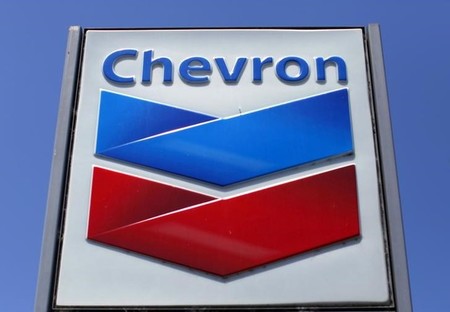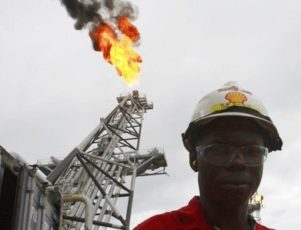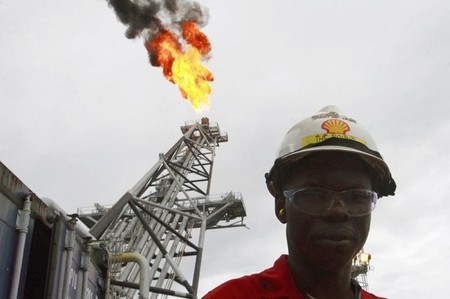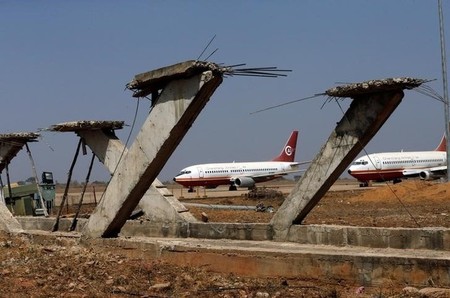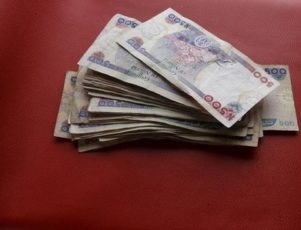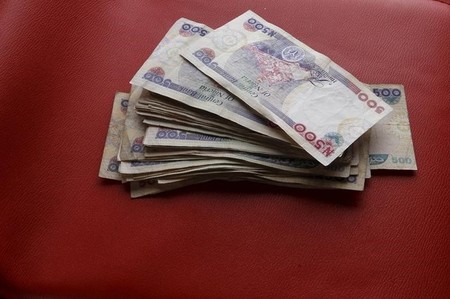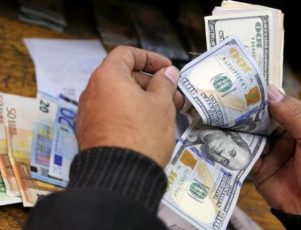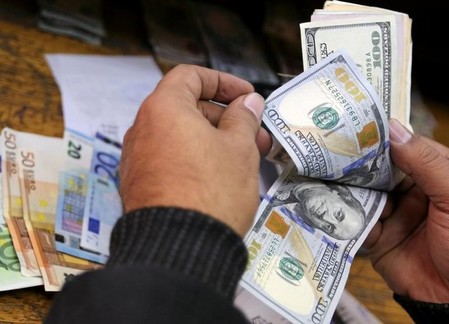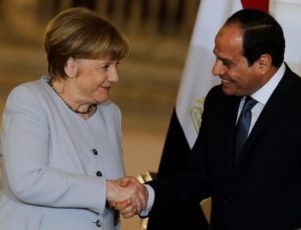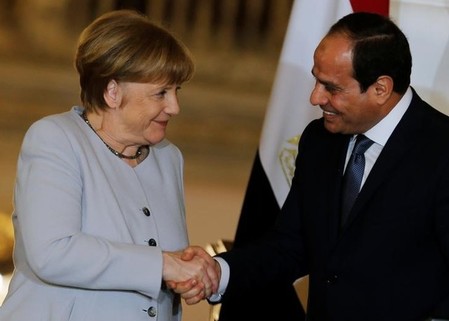By Arpan Varghese
(Reuters) – Gold held steady early on Monday, supported by safe haven buying amid rising geopolitical tensions over North Korea and a weaker dollar.
Investors are closely watching developments after the reclusive state fired fired four ballistic missiles into the sea off Japan’s northwest coast, days after it promised retaliation over U.S.-South Korean military drills.
“We expect gold to trade with a bid tone in early Asia on safe-haven flows, following a series of North Korean missile launches this morning,” said Jeffrey Halley, senior market analyst at OANDA.
The dollar also dipped in Asian trading, as investors locked in gains after the greenback’s rise last week on growing expectations of a U.S. interest rate hike this month. The dollar index was down 0.2 percent to 101.39.
Spot gold was little changed at $1,234.20 per ounce at 0215 GMT. The metal had hit $1,222.51, the lowest since Feb. 15, in the previous session on signals of a hike in U.S. interest rates this month.
U.S. gold futures were up 0.7 percent to $1,234.6.
The U.S. Federal Reserve’s long-stalled ‘liftoff’ of interest rates may finally get airborne this year as policymakers from Chair Janet Yellen to regional leaders across the United States signaled that the era of easy money is drawing to a close.
Yellen capped off a seemingly coordinated push from the central bank when she cemented the view that the Fed will raise rates at its next meeting on March 14-15, and likely be able to move faster after that than it has in years.
Spot gold may revisit its March 3 low of $1,222.51 per ounce, as its drop from the Feb. 27 high of $1,263.80 has not completed, according to Reuters technical analyst Wang Tao.
Meanwhile, hedge funds and money managers boosted their net long position in COMEX gold to the highest in more than three months in the week to Feb. 28, U.S. Commodity Futures Trading Commission data showed on Friday.
In other precious metals, spot silver fell 0.5 percent to $17.87 per ounce, while platinum inched lower by 0.1 percent, to $993.50.
Palladium was up 0.5 percent at $775.00. The metal had hit $752.72, the lowest since Feb. 6 in the previous session.
(Reporting by Arpan Varghese in Bengaluru; Editing by Richard Pullin)

Read more


